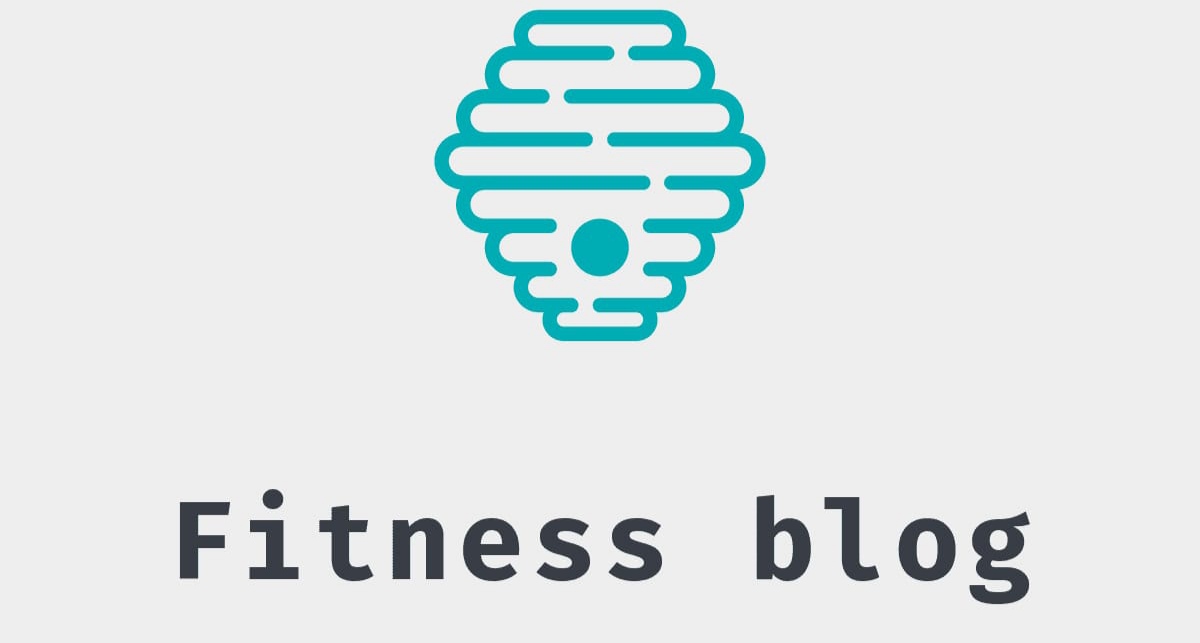A diet plan for weight loss should be tailored to an individual's specific needs and preferences. Here's a general guideline for a male looking to lose weight.
Calculate Your Caloric Needs
Determine your daily calorie requirements based on your age, weight, activity level, and weight loss goals. You can use an online calculator for this.
Balanced Macronutrients
Aim for a balanced intake of macronutrients:
Protein
Include lean sources like chicken, fish, tofu, beans, and legumes to help preserve muscle mass.
Carbohydrates
Choose complex carbs like whole grains, fruits, and vegetables for sustained energy.
Fiber-Rich Foods
Incorporate fiber-rich foods like vegetables, fruits, and whole grains to keep you feeling full and satisfied.
Meal Timing
Consider intermittent fasting or spacing meals evenly throughout the day, depending on what works best for you.
Healthy Snacking
Choose healthy snacks like yogurt, nuts, or fruit when needed.
Regular Exercise
Combine your diet plan with regular physical activity, including both cardio and strength training exercises.
A diet plan for weight loss for males should focus on creating a calorie deficit while providing essential nutrients. Here's a general guideline:
Balanced Diet
Ensure a balanced intake of macronutrients:
Protein
Consume lean sources like chicken, turkey, fish, tofu, and beans to support muscle maintenance and metabolism.
Carbohydrates
Choose complex carbs like whole grains, fruits, and vegetables for sustained energy.
Avoid Processed Foods
Limit processed and sugary foods, as they are often calorie-dense and low in nutrients.
Include Fiber
Foods high in fiber, like fruits, vegetables, and whole grains, can help you feel full and satisfied.
Exercise
Combine your diet plan with regular physical activity, including both cardiovascular exercises and strength training, to boost calorie burn and maintain muscle mass.
Track Progress
Keep a food diary or use a mobile app to monitor your calorie intake and progress.
Consult a Professional
Before starting any weight loss plan, it's advisable to consult a healthcare professional or a registered dietitian to tailor the plan to your specific needs and health conditions.
That individual dietary needs can vary, so it's essential to create a plan that suits your preferences and lifestyle while ensuring you're in a healthy calorie deficit for weight loss.




